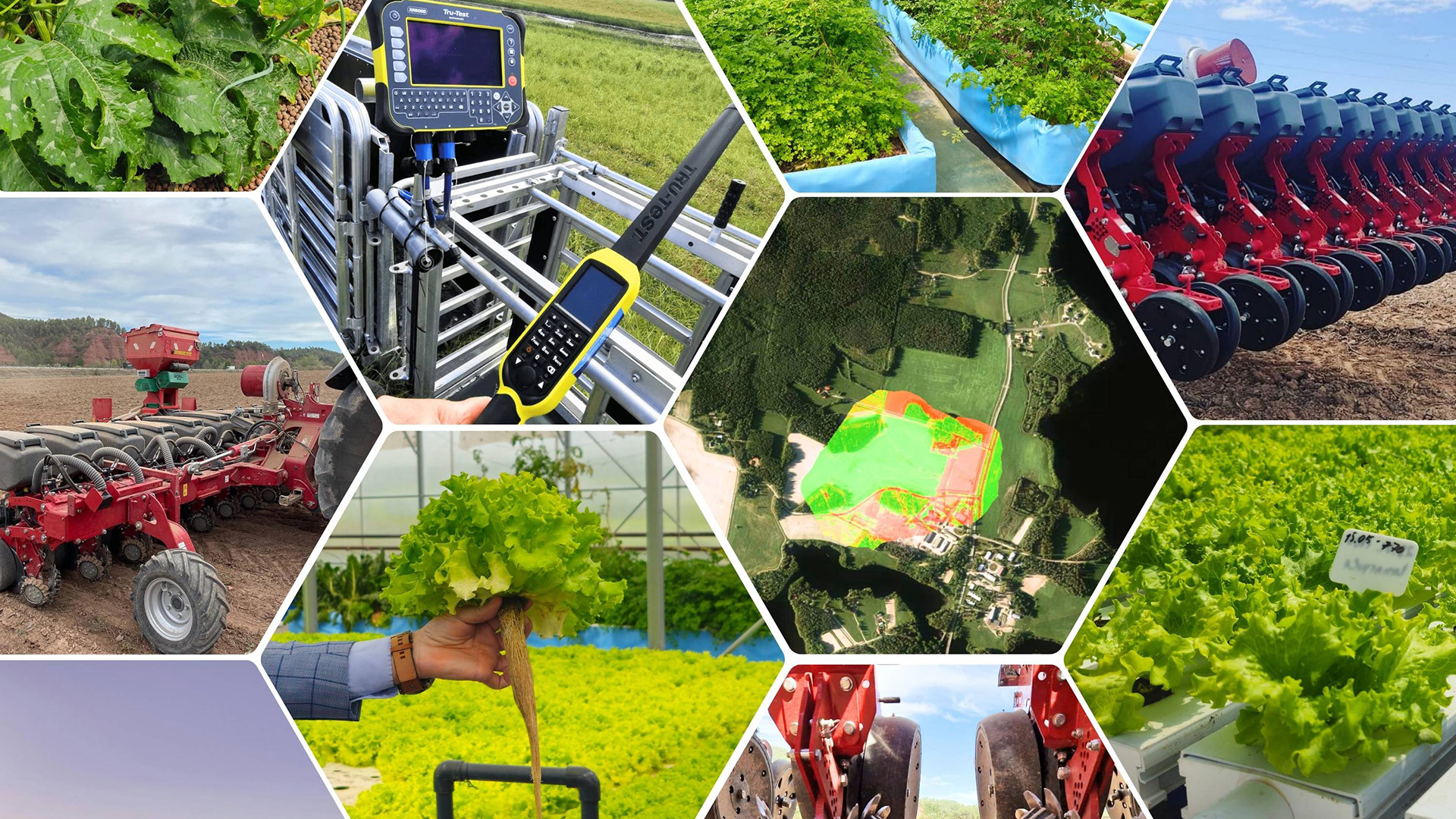To ensure the viability and competitiveness of the EU’s agricultural and food systems, it is important to enhance these systems’ capacity to respond to various disruptions.
“Digitalization and new technologies strengthen the resilience of the agriculture and food industry. Regional policymakers must recognize this and adapt their strategies accordingly,” says project manager and senior advisor Saila-Inkeri Puukko from Jamk.
Improving agricultural productivity by reducing costs and enabling growth with fewer resources has been recognized, but the adoption of technologies has been slower than expected. Although Finland is technologically advanced, there is still a need to strengthen practical expertise to fully realize the benefits of technology at the farm level.
“The adoption of smart agricultural technology, which supports data-driven decision-making and information management in the agricultural and food system, plays a key role in building a sustainable system. It improves the system’s ability to respond to disruptions and enables the introduction of new, sustainable business models,” Puukko continues.
Project activities play an essential role in accelerating the development of agricultural technologies.
“The AgriExcel project supports the digitalization of the agriculture and food sector through an innovation-driven approach. It enhances regional authorities’ ability to address complex interregional challenges by guiding the digital transformation of the agriculture and food system.”
Jamk’s first Interreg Europe project involves seven regions from across Europe, focusing on regional stakeholder cooperation and international study trips. Jamk acts as coordinator of the international partner network.

